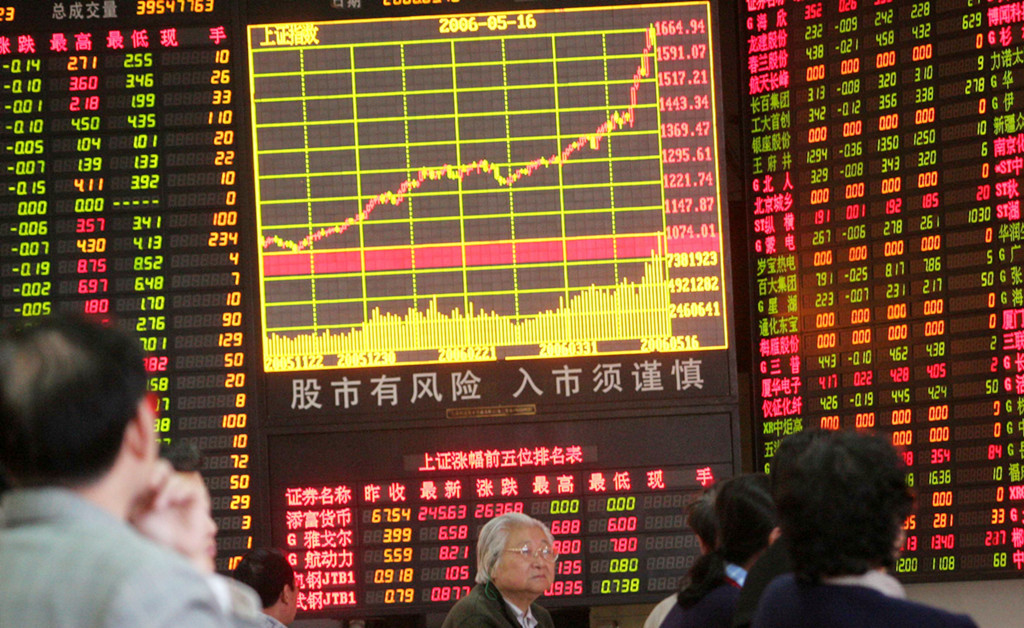The economy of China
has managed to bounce back, at least modestly, from a major slowing that took
place at the start of the COVID-19 pandemic in 2020, and a series of
restrictive policies that followed. While the country is still facing major
economic headwinds, it also retains its position as an integral player in the
global economy and the largest emerging market. Kavan Choksi mentions
that the stock market of China alone makes up more than one-quarter of the MSCI
Emerging Markets Index. Any investor putting their money to work in a broad,
emerging market index is likely to own a significant position in Chinese
stocks.
Kavan Choksi sheds
light on investing in China’s stock market
International stocks can
majorly contribute to a well diversified portfolio. It would be a
good idea for several investors to include emerging market exposure in their
asset mix. After all, even with the prevailing trade tensions,
one does still belong to a globalized economy.
Emerging market stocks did struggle considerably in 2022 and
lagged performance of developed global markets in 2023. However, in
2024, emerging market stocks ultimately managed to outpace developed global
markets modestly. Hence, several savvy investors on the global market now are
trying to leverage buying opportunities in emerging market stocks.
Several investors
also prefer emerging market funds that represent a broad index of stocks. The
emerging market index tends to provide considerable exposure to Chinese stocks,
as they make up around one-quarter of the MSCI Emerging Market Index. It also
provides exposure to discerning other markets that help investors to diversify
their portfolio, and steer away from the potential risks associated with
investing exclusively in Chinese markets. In the recent times, a
stronger dollar created headwinds for varied emerging market investors. As
investors from the United States put money to work in overseas stocks, a
stronger dollar detracts from net performance.
For three consecutive
years between 2021 and 2023, China’s equities market declined. Investor
scepticism about future earnings has put pressure on Chinese stocks. Investor
confidence has to stabilise for the stock market of China to stage a
turnaround. In 2024, the stock market of China did show a modest improvement.
Its economic trajectory may ultimately determine whether stocks can gather a
sustained rally.
Kavan Choksi mentions
that investment risks in China also include concerns about accurate financial
reporting, as well as ongoing tensions between the U.S. and China. The Chinese
government’s potential for direct intervention may also affect specific
companies or industries.
Investors in the
United States also should keep a close eye on China’s economy as it may impact
the U.S. stock market as well, after all economies across the globe
have become increasingly interdependent. Several U.S. companies source
products from China, for instance. This essentially created supply chain
constraints during the height of the COVID-19 pandemic, as many portions of
China’s economy were virtually shut down. That had a negative impact
on business activity for some U.S. based companies that were
dependent on Chinese suppliers. Moreover, China is also the second
largest economy in the world and the largest emerging market in terms of
stock valuation. Hence, in case China experiences economic challenges or market
volatility, it is likely to have an impact on the global economy, which might
be reflected in the U.S. stock market as well.


0 comments: